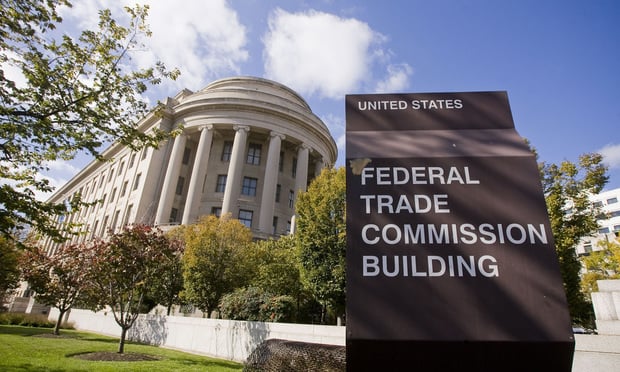The Age Discrimination in Employment Act (ADEA) turns 50 this year and it is still learning new tricks. A question that has never been definitively answered under the now middle-aged statute is whether it applies to job applicants who are disproportionately affected by age-neutral policies or practices – like an employment recruitment program that is conducted on college campuses. Yes, the ADEA could potentially upend the targeted recruitment of college students or recent graduates, like law school or business school recruiting or even military on-campus recruitment programs. How could a law designed to eradicate discrimination against older workers force employers to stop recruiting younger workers? After two recent federal court decisions, that issue may be on its way to the U.S. Supreme Court.
Here’s the legal framework: Under the ADEA’s famed predecessor – Title VII of the Civil Rights Act of 1964 – Congress and the federal courts recognized and constructed remedies for intentional (direct impact) and unintentional (disparate impact) discrimination. Both types of discrimination are also actionable by employees under the ADEA. In other words, if an employee is intentionally or unintentionally discriminated against because of his age, he can seek redress in court. Moreover, an applicant for employment can sue for intentional discrimination because the ADEA prohibits an employer from “failing or refusing” to hire any individual because of his or her age. But it remains unresolved whether a job applicant can sue for unintentional discrimination if a facially neutral policy adversely impacts a person over the age of 40.









